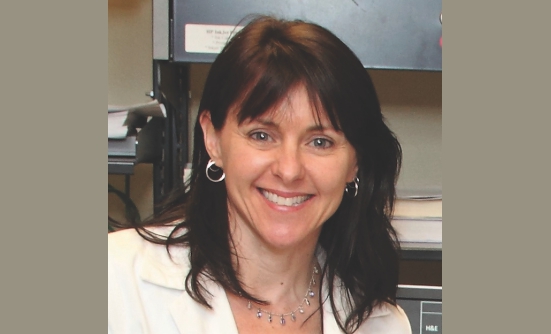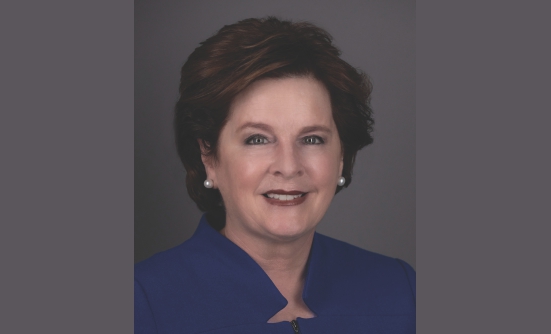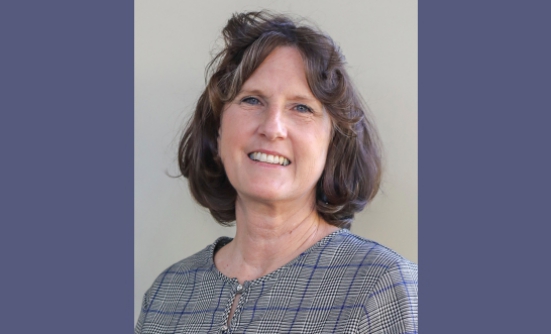For patients with cancer, decision-making can feel like a full-time job. The prospect of participating in a clinical trial can become just one more decision that needs to be made. Without the proper information and resources, participating in a clinical trial is often not even an option.
Overall, 20% of adults with cancer qualify to participate in a clinical trial, but only very few (3% to 5%) of those patients choose to participate.
According to the American Society of Clinical Oncology, more than 60 anticancer drugs have been approved by the FDA in the past decade. For a drug to be approved by the FDA, the drug company must demonstrate, through clinical trials, that the drug can actually provide benefits to patients. Many new drugs, known as targeted therapies (drugs that block the progression of cancer by destroying specific molecules on the cancer cell), have been developed in recent decades that are transforming (and in some cases curing) cancer care for thousands of patients. Much of this progress in cancer care is the result of patient participation in clinical trials.
Nevertheless, the decision to participate in a trial is a personal choice that patients must make themselves (in consultation with their physician). The first step in making that decision is weighing the benefits and obstacles to participating. With the right knowledge and access to available resources, clinical trials can be a light at the end of what may seem like a very long tunnel.
Potential Personal Benefits
Although an obvious reason to participate in a clinical trial is the chance to advance medical knowledge, there are very personal benefits to consider, including:
- Access to cutting-edge treatments. In some cases, the best treatment for your specific cancer or situation may be available only through a clinical trial
- Best care at leading healthcare facilities. Oncology experts will monitor your response to treatment and manage your side effects very carefully using accurate and strict protocols
- Ability to take an active role in your care. You make the decision to join a clinical trial, but you can also decide to stop participating
Common Obstacles
Although the reasons for not participating in a trial vary and typically relate to a specific obstacle, many resources are available to fix those roadblocks.
Fear of the unknown. Patients’ fear about clinical trials often comes from a lack of knowledge about how they work and how they will affect them. The National Cancer Institute helped develop “Preparatory Education About Clinical Trials” (PRE-ACT), a tool (available at https://www.cancer.net/research-and-advocacy/clinical-trials/welcome-pre-act) that explains clinical trials in a series of short videos. You can view all the videos or give PRE-ACT feedback on how to personalize the videos for you.
In addition, many cancer centers offer patient support programs that connect possible clinical trial candidates with patients who have already participated in a clinical trial.
Inconvenience. Travel and economic difficulties can be substantial obstacles to clinical trial participation. However, there are programs that can assist you with lodging and provide free meals during the trial period. Most cancer facilities have a list of local resources that help patients who join a clinical trial, including hotels that offer a discounted rate.
The Patient Advocate Foundation offers an online resource at www.patientadvocate.org with a financial services directory that lists resources to help with transportation, childcare costs, and other needs.
Medical costs. The sponsor of a clinical trial typically pays for all trial-related costs, including special testing and extra doctor visits that may be needed for the trial. The patient’s insurance company covers the costs of routine care and tests.
Many states require health insurance plans to pay the costs of routine care during the clinical trial. However, be sure to contact your insurance company to get the exact information before agreeing to participate in a clinical trial.
Loss of income. If you are worried about a loss of income for yourself or your caretaker during the trial period, your office should have useful information about short-term and long-term disability, the Family Medical Leave Act, sick pool donations, and the option of different work schedules. If you are out of work for more than 1 year because of your cancer treatment, you should apply for Social Security Disability Income or Social Security Income.
Finding a Clinical Trial
You can find clinical trials through lists of trials or through clinical trial matching services. But you should also discuss this with your oncologist or your nurse navigator to see what is right for you.
Clinical trial lists provide the names and descriptions of new clinical trials:
- National Cancer Institute: https://www.cancer.gov/about-cancer/treatment/clinical-trials
- National Institutes of Health: https://www.nih.gov/health-information/nih-clinical-research-trials-you (not all trials on the list are for cancer)
- CenterWatch: https://www.centerwatch.com
Matching services for clinical trials match the patient with appropriate clinical trials, usually online and free, and are available at:
- American Cancer Society: https://www.cancer.org/treatment/treatments-and-side-effects/clinical-trials/what-you-need-to-know/picking-a-clinical-trial.html
- EmergingMed: https://app2.emergingmed.com/emed/home
Phases of Clinical Trials
Clinical trials are conducted in several phases (phases 1, 2, 3, and 4) that help to develop the evidence for the specific drug, in a common sequence. A new cancer drug is studied for several years before it’s even being tested in clinical trials. Once a drug is ready for clinical trials, here is what each trial phase looks for:
Phase 1. Is the Drug Safe?
- Phase 1 looks at what the drug does to the body and what the body does to the drug
- Safety and side effects are main concerns
- Small number (20-80) of participants
- Conducted in major cancer centers
Phase 2. Does the Drug Work?
- Looking for evidence that the drug works
- 25-100 participants, all with same cancer type
- Often conducted at major cancer centers, but can be conducted at community hospitals or doctors’ offices
Phase 3. Is the Drug Better than What is Available?
- Compares the new drug against current drugs
- Participants randomly selected to get the new drug or the other drug(s)
- Placebo used only if no other drugs are available for this type of cancer
- At least 200 participants
- Often conducted by community oncologists
Phase 4. What Else Do We Neeed to Know?
- Looks at drugs already approved by the FDA
- Focus is safety over time and possibly quality of life
- Includes tens of thousands of participants















